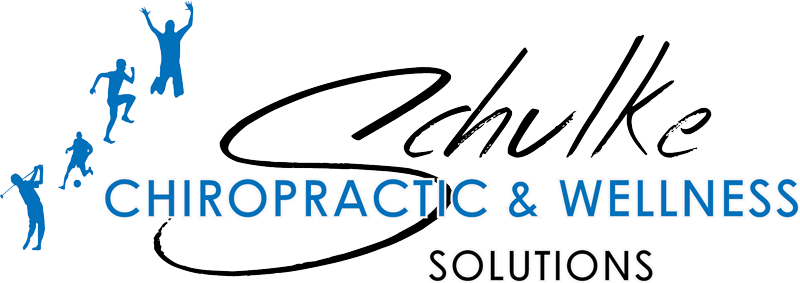How to Choose the Right Supplements for Neuropathy: Avoid These Common Vitamin Mistakes

If you’re looking for supplements to help with your neuropathy, it’s important to be very careful with those you find online for nerve pain. There are many causes of nerve damage, and one of them can be a vitamin deficiency or toxicity. The relationship between B vitamins and nerve health is well understood, including how having too much or too little of these vitamins can lead to nerve disorders. This is largely because B vitamins are essential for producing neurotransmitters—chemicals that allow our nerves to communicate. Without neurotransmitters, our nerves wouldn’t “talk” to each other, meaning we couldn’t contract muscles, feel a hot stove, or even function properly. Vitamins play a critical role in nerve function, which is why it’s crucial to choose the right supplements.
The problem is, most supplements on the market contain the wrong types of B vitamins—especially B6—that either don’t help or can actually worsen neuropathy. Many companies cut costs by using cheaper, less absorbable forms of vitamins. If you’re buying supplements based on price, you’re likely getting poorly made vitamins that your body can’t absorb, and in some cases, they can even damage your nerves by creating a toxic effect. However, buying a more expensive supplement doesn’t guarantee quality either. We’ve even seen supplements that are twice the price but still contain synthetic, inferior forms of vitamins.
The Two Major Issues
Most supplements designed for nerve pain typically include B6, folate (or folic acid), B12, and Alpha Lipoic Acid. However, there are two major issues with many of these supplements. First, let’s talk about B6. This vitamin is essential for creating neurotransmitters, which allow our nerves to communicate. But if you take the wrong form of B6, it can block the absorption of the active form your body needs for healthy nerve function. Most supplements use B6 as Pyridoxine Hydrochloride (Pyridoxine HCL), which is synthetic and not the form your body can readily use. The correct form for neuropathy is Pyridoxal 5′-Phosphate (PLP), the active version that the body can actually utilize. If you take Pyridoxine Hydrochloride instead, it can block PLP and lead to a B6 deficiency, potentially worsening your condition.
The second issue is with folate, often labeled as “folic acid.” Folic acid is the cheap, synthetic form of folate, and it’s practically useless to your body. Worse, it can act as a neurotoxin by inhibiting your body’s production of glutathione, a key molecule that protects and repairs nerves and tissues. Without enough glutathione, nerve damage can worsen. The type of folate you should look for is methylfolate, which is the natural, absorbable form. Another common form you might see is calcium folinate, which is not as harmful as folic acid but still not as effective as methylfolate and can also interfere with glutathione production.
These are just a couple of the top issues we frequently encounter with neuropathy supplements.
Don’t Hesitate to Reach Out
To sum up: always look for B6 in the form of Pyridoxal 5′-Phosphate and folate as methylfolate. If your supplement contains other forms, it’s likely not well-made. If you’re looking for high-quality supplements to support your neuropathy, we can certainly help at our Carmel, IN neuropathy reversal clinic. We hope this information is helpful as you navigate this aspect of your neuropathy journey.
